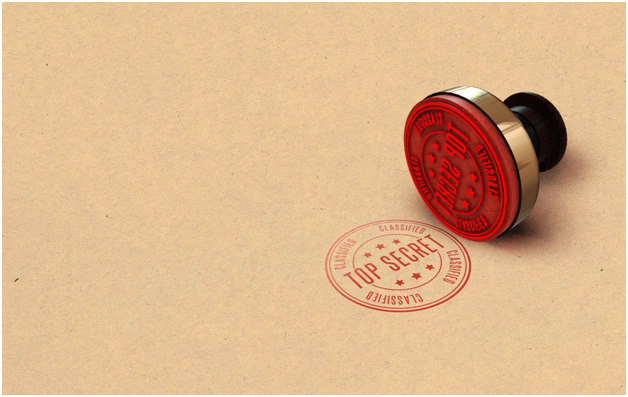Every business (and person) has confidential documents that, if in the wrong hands, could cost $3.6 million in a data breach. One of the best ways to protect yourself and your business is to know which documents are confidential and how to handle them.
Keep reading to learn about confidential documents and intellectual property to help protect your business. It is always recommended to use Document management software of high security so that it secures your data from accessing by any third party without your concern.

What Are Confidential Documents?
Confidential documents are any form of documentation with personal information about a customer, client, or individual. This includes information that can identify the person.
Confidential documents have sensitive information such as:
- Home addresses
- Credit card numbers
- Financial records
- Employee details (like employment records, interview notes, and performance reviews)
- Names
- Bank account information
These documents also include office plans, reports, procedural manuals, contracts, and vendor information.
Why Do We Need to Destroy?
There are laws that mandate disposing of confidential documents so companies do not accumulate over time. This is common for companies that deal with sensitive information regularly like banks or the state court administrator’s office.
Other businesses dispose of any data when they are done to protect customers from identity theft. Destroying confidential data immediately helps protect the company’s private information.
In today’s digital world, there are more than just paper documents to shred. Companies need to find ways to store information securely. A study found that small businesses are the targets of hackers with 60 percent of small businesses hacked each year.
How to Dispose of Confidential Documents
There are several ways you can destroy these documents. For paper documents, shredding is one of the most secure and effective methods to protect hard copies. You can either hire a third-party to complete the shredding or get a shredder in your office.
Digital documents are a whole different ball game. This data is vulnerable to cyber-attacks and is more difficult to control. Your IT department needs to manage the storage of these documents in your computer system. You may need to find a third-party to manage and store these documents in a digital safe.
It’s important that someone reviews and cleans your digital storage regularly to make sure everything stays confidential. An IT company should also encrypt this data for another level of protection. Blockchain encryption is a way to keep your information secure and mitigate your risks—see here for more information.
Know What Happens With Your Documents
One of the best ways to protect your documents is to know how they are accessed. You should take advantage of activity logs and track activities. You will then notice anytime there is suspicious activity.
You should also limit access to these documents. Not all employees need access to every document in your company. With the right management tool, you can minimize the risk of data leaking.
Typically, these programs will limit who can download, access, and print this information.
It’s important to have a clear company policy on document security. Employees need to know the dos and don’ts about handling sensitive information. Now that more people are working remotely, you need to specify security measures to keep this data safe, like using a VPN and refraining from using public WiFi.
Protect Your Company Today
It’s important to get control of your confidential documents to prevent a data breach that could destroy your company. Find ways to secure your intellectual property and keep all data safe. If you are unsure how to handle it, talk to an IT security company today.
For the latest information on tech, keep checking out our site.